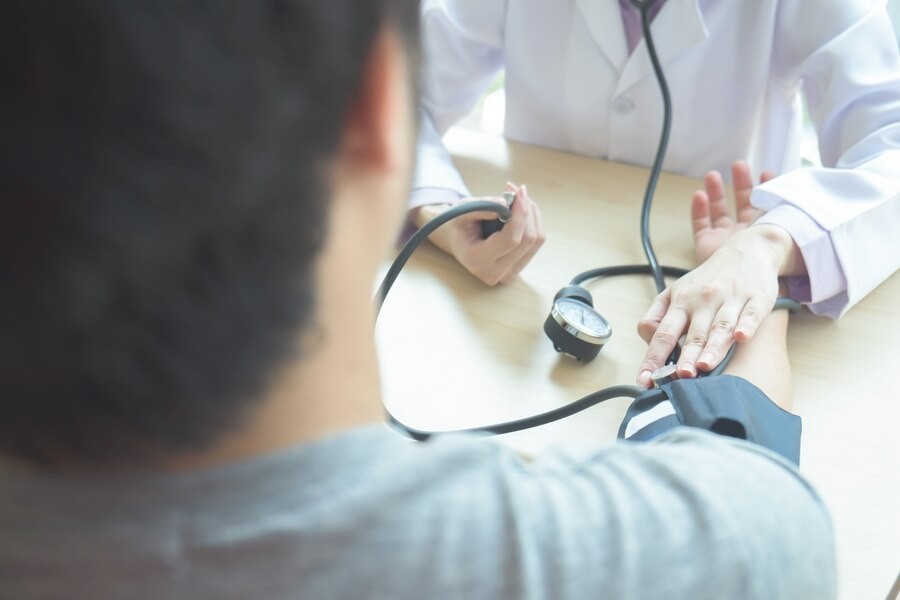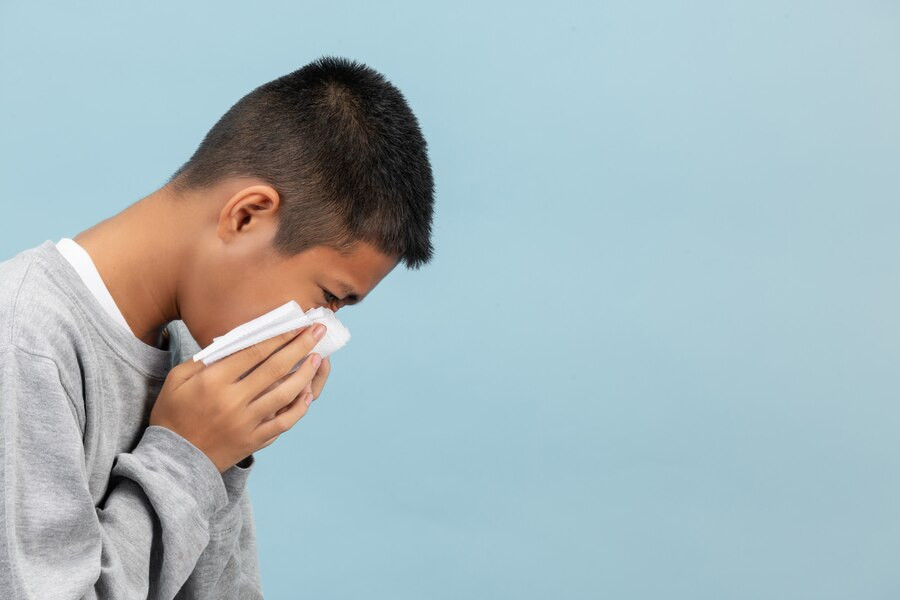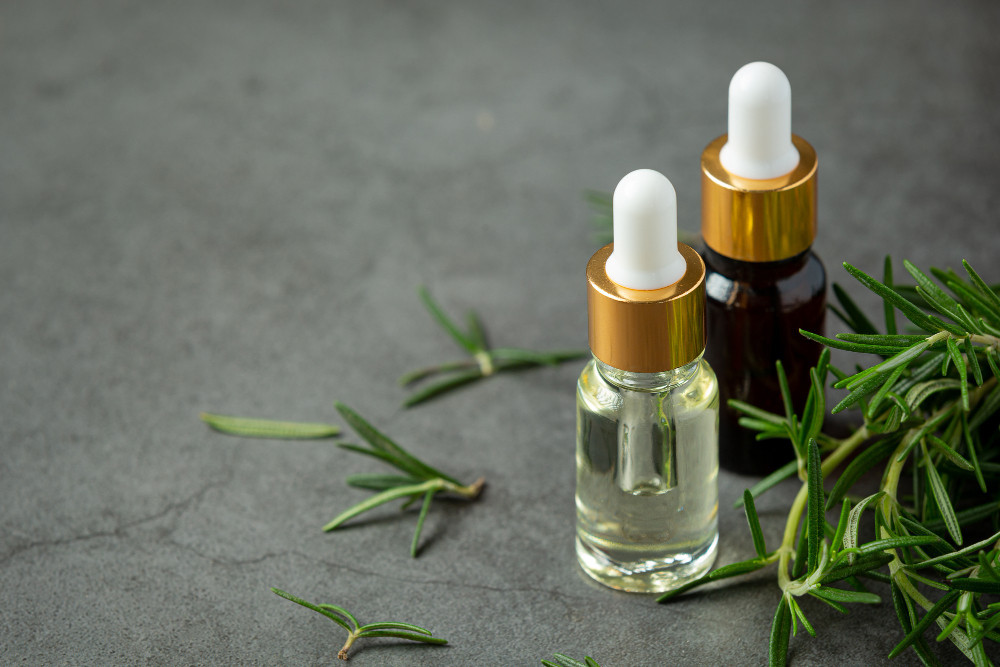As an election officer, your responsibility is not only limited to organizing elections, but also maintaining your own health so that you can carry out your duties optimally. Election officers must be ready to work a long schedule, starting with the preparation of voting, the voting process and vote counting.
This long voting process can cause physical and mental fatigue, so it is very important for election officers to prepare themselves to be physically fit. What do election officers need to do ahead of Election Day 2024?
Tips for Maintaining Excellent Condition While Being an Election Officer
Maintaining excellent health is something that cannot be ignored. Here are some tips that election officers can do to maintain their health:
Drink vitamins to boost immunity
According to experts, there are several vitamins that need to be consumed to help boost immunity, including:
- Vitamin C, a powerful antioxidant that helps fight free radicals in the body. Getting adequate vitamin C in your diet will assist hasten recovery and lower your chance of developing infectious infections. Adults between the ages of 19 and 64 require 40 mg of vitamin C per day or more. Many foods, including potatoes, broccoli, strawberries, kiwis, and other citrus fruits, contain vitamin C.
- Vitamin B6, which is a vitamin that plays a role in the production of antibodies that help fight infections. Adult men and women between the ages of 19 and 50 require 1.3 mg of vitamin B6 daily, while those over the age of 50 require 1.7 mg and women over the age of 50 require 1.5 mg. Grain-based cereals, vegetables, meat, and eggs are good sources of vitamin B6.
- Vitamin E, an antioxidant that protects the body's cells from free radical damage. It also helps to boost the immune system and fight infections. The daily need of vitamin E for an adult is approximately 15 mg. Broccoli, kiwi, mangoes, tomatoes, spinach, almonds, and seeds are foods high in vitamin E.
- Zinc, an essential mineral that aids in the activation of immune cells and the production of antibodies necessary to combat infection. Lean beef, shrimp, cheddar cheese, lentils, tinned sardines, pumpkin seeds, chicken breast, and milk are foods high in zinc.
- Selenium, a mineral that has antioxidant properties that can help protect the body's cells from damage by free radicals and support the optimal functioning of the immune system. Selenium can be found in lean red meat, canned sardines, tuna fish, brown rice, eggs, oatmeal, lentils, milk, yogurt, and peas.
Read more : How to Boost Immunity in the Rainy Season
Ensure adequate sleep
It is essential to get enough sleep before and after election day in order to support and strengthen the immune system. The impact of getting enough good sleep on one's general health is enormous.
Light Exercise
Stretching and mild physical activity are especially beneficial when working in a stationary position or performing a long series of tasks. Stretching can help relieve tension and stress, enhance blood circulation, relax tense and stiff muscles, and promote flexibility and range of motion.
Read more: Is It Necessary To Consume Isotonic Drinks During Sports?
Implementing health protocols
Although the COVID-19 pandemic has ended, that does not mean that the infection is gone. It is very important to continue to carry out the recommended health protocols such as wearing masks, maintaining physical distance, washing hands regularly, using hand sanitizers and maintaining personal health while serving as election officers.
It is hoped that every election officer will be able to do their tasks with a body that remains great throughout the preparation, election process, vote counting, and submission of the number of votes by following all of the above guidelines and adhering to health protocols. Seek emergency medical assistance right away if you suffer any of the following symptoms: exhaustion, nausea, shoulder, back, or neck pain; chest pain; or shortness of breath.
If you are in need of medical advice or consultation, you can either visit a doctor or make use of the consultation features that are available in the Ai Care application.
Want to know tips and tricks for health, first aid, and other home treatments? Click here!
- dr. Monica Salim
Kristi Wempen, RDN (2022). Fight off the flu with immune-boosting nutrients. Available from: https://www.mayoclinichealthsystem.org/hometown-health/speaking-of-health/fight-off-the-flu-with-nutrients
Cleveland Clinic (2022). 5 Vitamins That Are Best for Boosting Your Immunity. Available from: https://health.clevelandclinic.org/vitamins-best-boosting-immunity
Jay Summer (2023). 8 Health Benefits of Sleep. Available from: https://www.sleepfoundation.org/how-sleep-works/benefits-of-sleep
Yale Medicine (2023). How Sleep Affects Your Immune System. Available from: https://www.yalemedicine.org/news/how-sleep-affects-immunity
NHS UK (2020). Vitamin C. Available from: https://www.nhs.uk/conditions/vitamins-and-minerals/vitamin-c/
WebMD. Pyridoxine (Vitamin B6) - Uses, Side Effects, and More. Available from: https://www.webmd.com/vitamins/ai/ingredientmono-934/pyridoxine-vitamin-b6
Mayo Clinic (2023). Vitamin E. Available from: https://www.mayoclinic.org/drugs-supplements-vitamin-e/art-20364144
Sara Lindberg (2022). Does Exercise Boost Immunity?. Available from: https://www.healthline.com/nutrition/does-exercise-boost-immune-system
Better Health Channel. Handwashing - Why it's important. Available from: https://www.betterhealth.vic.gov.au/health/conditionsandtreatments/handwashing-why-its-important
Mayo Clinic (2023). Stretching: Focus on flexibility. Available from: https://www.mayoclinic.org/healthy-lifestyle/fitness/in-depth/stretching/art-20047931
CDC (2023). How to Protect Yourself and Others. Available from: https://www.cdc.gov/coronavirus/2019-ncov/prevent-getting-sick/prevention.html
Mayo Clinic (2023). Heart attack. Available from: https://www.mayoclinic.org/diseases-conditions/heart-attack/symptoms-causes/syc-20373106
Mayo Clinic (2023). Heart attack. Available from: https://www.mayoclinic.org/diseases-conditions/heart-attack/symptoms-causes/syc-20373106#when-to-see-a-doctor











